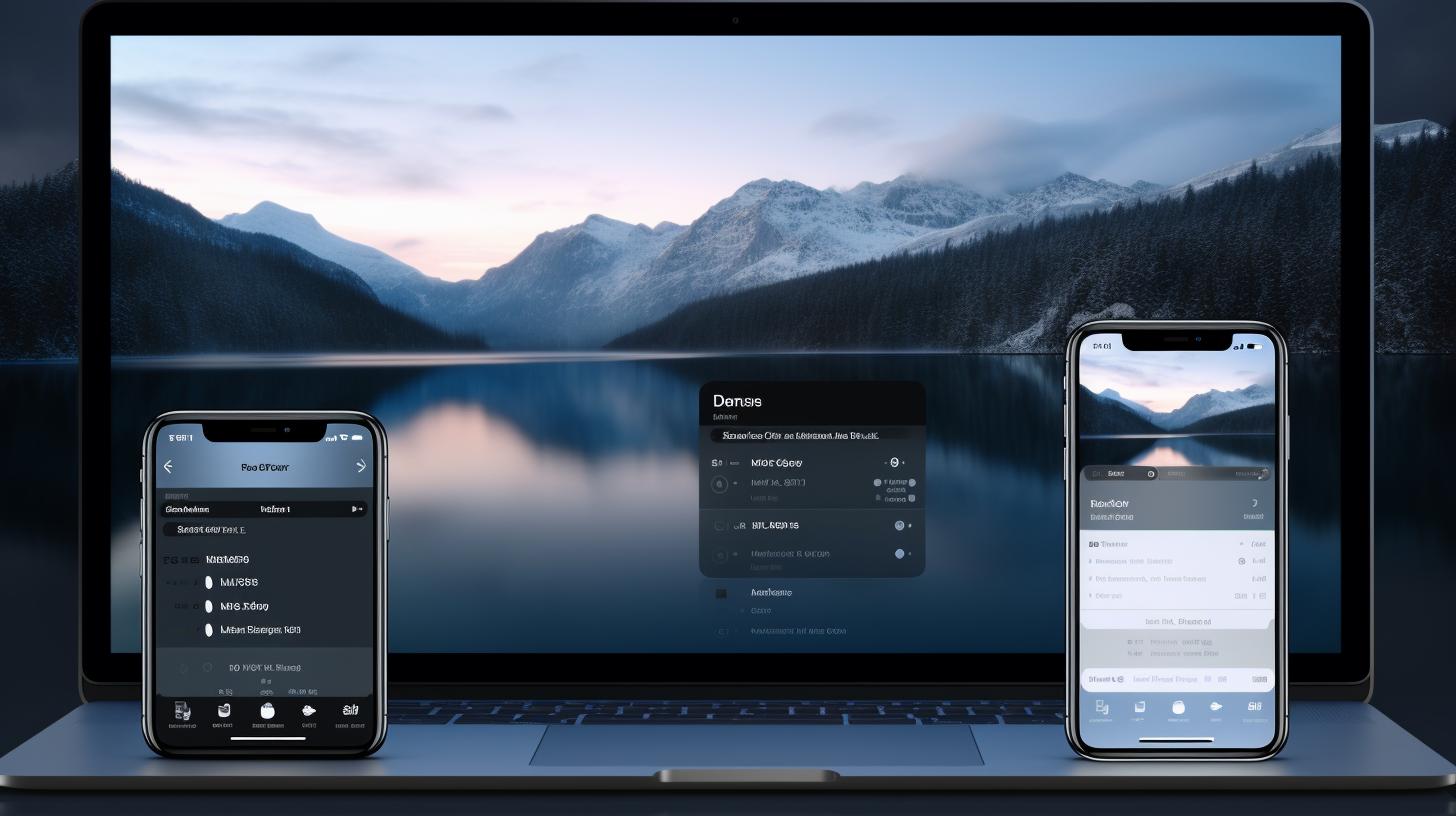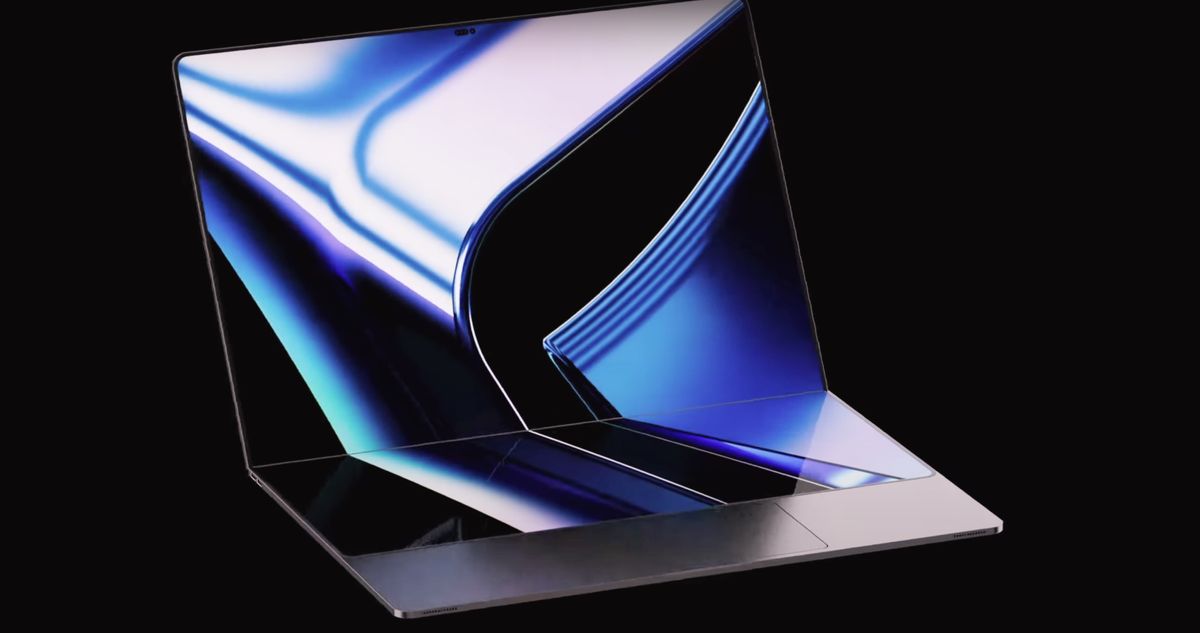
In an ambitious push towards integrating Artificial Intelligence (AI) into its ecosystem, Microsoft is reportedly laying down new hardware prerequisites for the forthcoming Windows 11 24H2 update. According to insights shared by a prominent tech insider, Albacore, on X (formerly known as Twitter), the tech giant is making strides to usher in an era of AI-driven functionalities that could redefine user interactions with their devices. The discussions come in light of the latest Windows 11 Insider Build 26200, where coded requirements for a novel AI File Explorer feature have been unearthed, delineating a watermark alert for systems falling short of the AI feature’s demands.
Dubbed Advanced Copilot, the AI File Explorer aims to resurrect the essence of Cortana—in a more advanced avatar—blending the digital assistant’s functionalities with cutting-edge AI capabilities. According to the details shared by Albacore, systems will need to meet stringent prerequisites including an ARM64 processor, a minimum of 16GB of memory, a substantial 225GB of total storage, and a Qualcomm Snapdragon X Elite NPU. These requirements represent Microsoft’s broader strategy to drive the adoption of ARM64 architecture in the evolving tech landscape.
While many might find the choice of processor restrictive, speculation is rife that Microsoft could be positioning this feature as an exclusive benefit for its new line of Surface devices. However, there’s still hope for broader compatibility as Microsoft may extend support to additional hardware configurations in future iterations. For those looking to circumvent these requirements, a workaround involving the disabling of ID 48486440 on the RTM build has been hinted at, offering a ray of hope for enthusiasts eager to experience the latest features without immediate hardware upgrades.
This move mirrors Microsoft’s ongoing strategy to phase out older technology by imposing hardware limitations for its software updates. The newly uncovered requirements are in line with the previously discovered mandates, such as support for the POPCNT and SSE 4.2 instruction sets, which were indicative of a push towards embracing contemporary CPU capabilities. The essence of these developments is the seamless operation of Windows 11 on hardware that complies with these modern standards, ensuring that users with compatible systems will not face any disruptions.
However, it’s crucial to note that Microsoft has yet to formally announce any specific hardware requirements for the Windows 11 24H2 update officially. The company’s current endeavors appear to be in the experimental phase, testing new features that may—or may not—make it to the final release. As the tech community watches closely, Microsoft’s foray into AI-driven functionalities marks a pivotal moment, potentially setting new standards for software and hardware co-evolution in the digital age.
These developments signal a fascinating future where operating systems are not just static platforms but dynamic ecosystems capable of advanced AI interactions. However, the implications of these hardware requirements raise questions about accessibility and the broader reach of such technologies. As Microsoft charts this course, the balance between innovation and inclusion will undoubtedly be a critical narrative shaping the tech giant’s journey into the next frontier of computing.
Source







